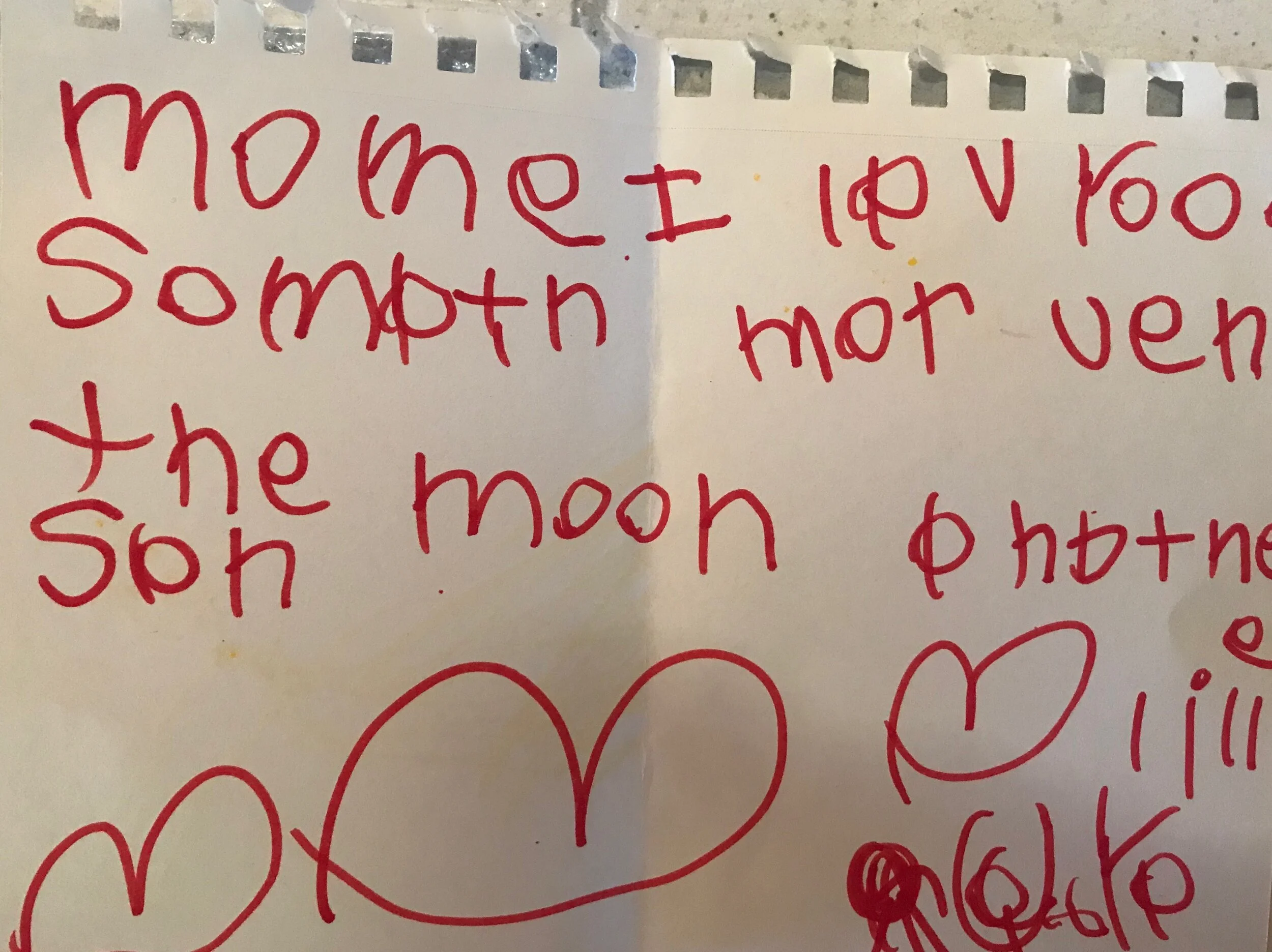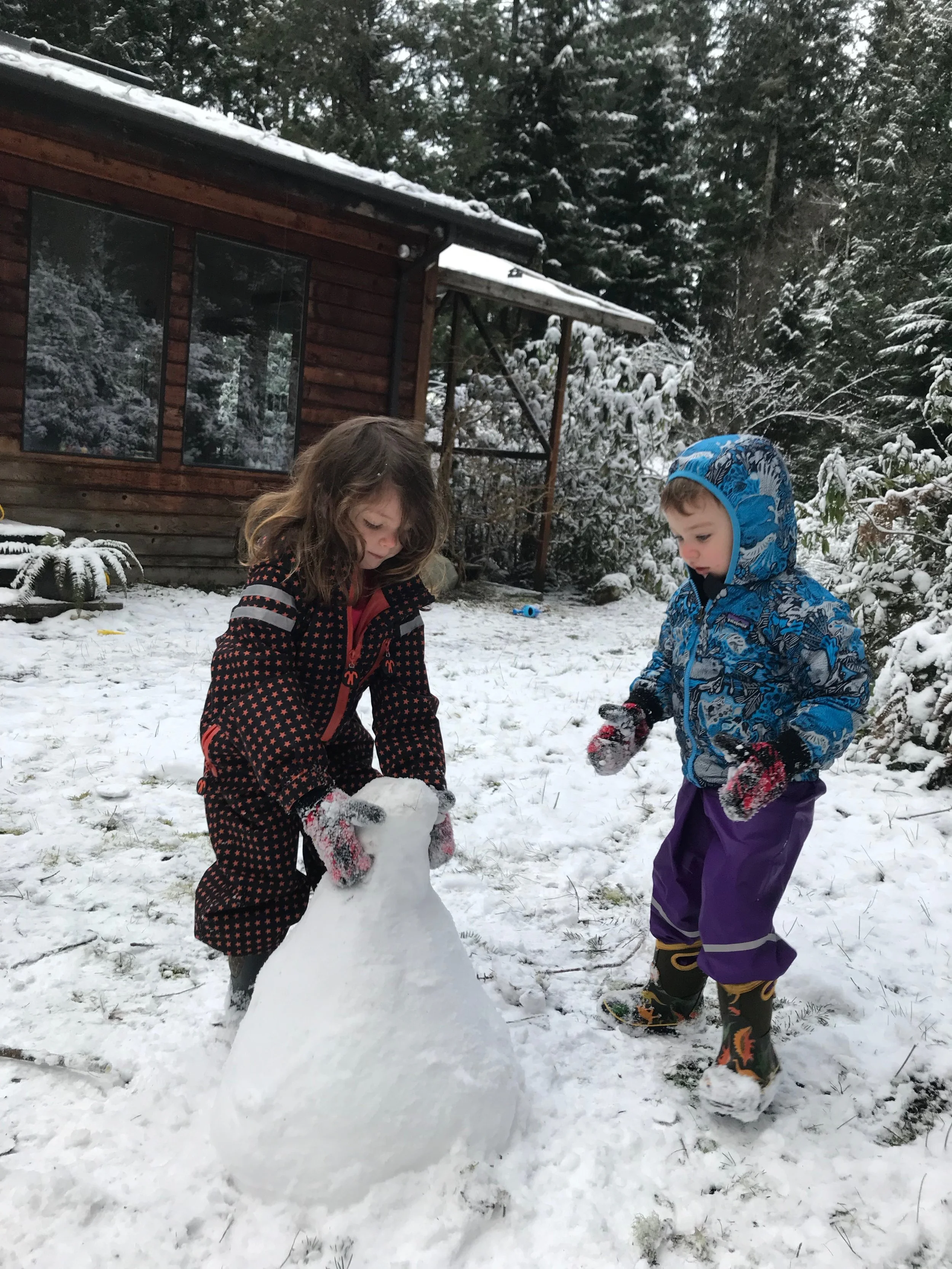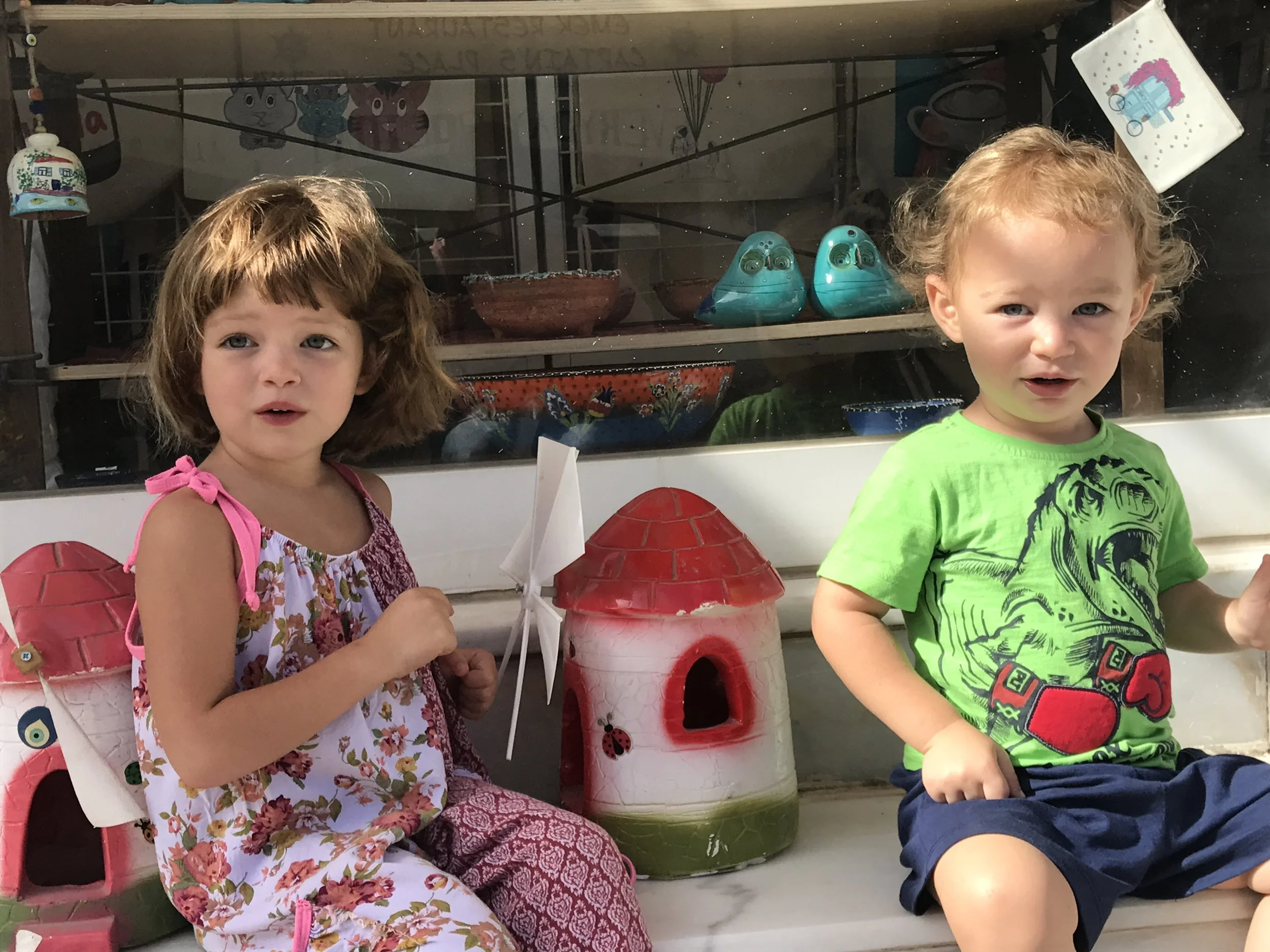Returning home as a foreigner: Scarborough and Stanford
I have been outside of my country of birth for thirteen years. Because I was born in South Africa I was an outsider from the start: a white South African, no matter how embedded in the culture, can never finally feel the land as theirs. The unresolved conflict in the territory is palpable and will last for decades more. It’s been a peaceful transition handing over colonized white power to black power, at least overtly. Underneath there is huge violence, contempt and pain that lingers. So white people leave if they can just like I left many years back, though for different reasons. I left because I fell in love with a foreigner. I got married after knowing him for six weeks, dropped out of a Masters program in Neuro-Psychology, left a great communal house and went to America. It was a hasty move, but I had been moving for years between houses, relationships and when I could travel, lands.
Years after I left I got my US citizenship and passport, and lost my SA citizenship because as often happens to me, I did not pay attention to external facts. South Africa is very particular about its citizenship, it is not easy to get back and they don’t like dual passports without due process. Citizenship is a context that doesn’t demand you identify with it and I like the freedom the passport gives. So its ok for me not to be rightfully of the land anymore that I was born into. That said I have loved coming back to see family, and taste, smell, walk on what is familiar.
Before my divorce I would visit Cape Town and still feel very much at home. I felt familiar comforts and a sense of not being such an other. I felt deeply alienated in America and my marriage was even more isolating. But as time passed I started feeling like a foreigner in South Africa, and I have never lost the sensation of being a foreigner in the US or Turkey or any other country I have lived in. So now being a foreigner is familiar.
This years visit back to Cape Town made this feeling even more stark. Post my first block course in Switzerland I journeyed to SA for five weeks, just the children and I. It had been almost a year and a half since I had seen my family and mother. The ache of that time was painful, I missed them. My mother now lives in Scarborough so that is where I based. Scarborough is a true gem, a rare breed of a place that I often search for in my travels. It is forty five minutes from the center of Cape Town - close proximity to the city - yet totally isolated between coast and wilderness area. It is tiny village, windy and misty. The beach has beautiful white sand, great waves for surfing, rock pools when the tide is low. There are two cafe’s each serving divine food, a small deli where you can grab milk, fresh produce, daily baked breads and once a week the best organic yogurt. The local people have a particular way about them: most walk around barefoot, if it’s cold they wear blankets; there is a definite hippy, environmental, surfer vibe.
Scarborough is one of my favorite places on earth. It is also one of the safer areas to live in. But still during my visit a local surfer and father of five was hijacked on the side of the road, killed, put into the trunk of his car and the car was set on fire. The community grieved and continued. It is not that uncommon, it is a reality here. But it is now uncommon for me. My capacity to sustain within the tension and edgy violence of South Africa is no longer a strong muscle. I stayed in a place without an alarm because the owner was really disorganized and didn’t fix it. We were safe, the visit went well, but I woke many nights with anxiety in my belly.
On the way to swim lessons we would drive past a squatter camp in Noordhoek and my daughter would ask me about it. I would talk about what being really poor means, without mentioning the violence it catalyses in South Africa. She asked if all black people were poor, I stumbled and thought how best to answer without resorting to overly PC frames of reference. I did my best and said that in this land most black people are poor, but that is not always the case. Then we spoke about people’s skin, without using the word race. And then we spoke about how they, my children, are a mix of Turkish and European. I couldn’t quite get into the reality that daddy gets treated in Europe, and sometimes in the US, like he is less than everyone else, that racism has a malleability and it is in our family too.
It is family that brings me back to the soil of my birth. I don’t get homesick but I do get lovesick. I spent most of my stay with them, reflecting on how as I age family becomes more and more important to me, not only in connection but in foundation. My bloodline now has more substance and meaning than land - tracking the ancestry of my body and soul. I recently did the DNA testing offered by 23andme. It mapped 50% of me as Ashkenazi Russian and the rest into Viking territory with some northern European mixed in. Perhaps it is more in my heritage, the inner realm where matter and psyche meet, that I find stability across time. But places can also contain that dreaming, which is why I decided this trip to visit Stanford.
Stanford is a quaint ‘Dorp’ (little village town) about two hours from Cape Town. It has an English atmosphere, settled along a calm river, and not much else. It is about half an hour from Hermanus which is now a large town settled along incredibly beautiful beaches. From Stanford you can access pristine ocean both touristy and not, staying within a still rural setting. Since my first year of life I have visited Stanford. As the years passed I stayed in many houses there as each member of my mother’s family owned various places. The first house remains the most vivid in my recollection. It is a still standing and relatively unchanged stone house, with fig trees and a small ‘stoep’ (veranda). On that spot I chased butterflies, played with the ‘lei water’ which runs through channels all along the town for farming, ate fresh figs, had many braai’s (think meat cooked on a fire outside). We would walk on the then dusty roads to the river, and dive into murky waters or float with canoes. It was simple and perfect. This visit I rented a brilliant airbnb that had a guava tree, avocado tree, granadilla bush and pomegranate tree in the garden. We did our dorpie walks through town on the now tarred roads, to the local shops and market. We sat on the lawn while my children climbed a perfect fig tree for little limbs. I have two aunts who have homes there now and in many ways Stanford is the place where my roots linger most. Being there was quietly warm for my soul and leaving was just fine. I don’t need the place to feel all it gave me.
Now I head back to Istanbul to see my love again and start our final process of finding a place, or two, that can be a vessel for us. It is a search for a birdhouse, from which to roost and fly. I need those vessels to be good enough but I no longer have such high ideals. I realize more and more that the place, the vessel, is important, but not nearly as much as what happens inside of it. Rather its importance is in how well it contains. Land never knew it was owned and never will. But the soul for a time does. Ultimately we are at root, all foreigners.






